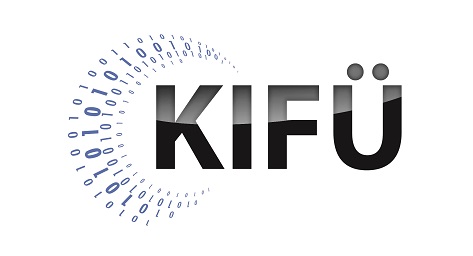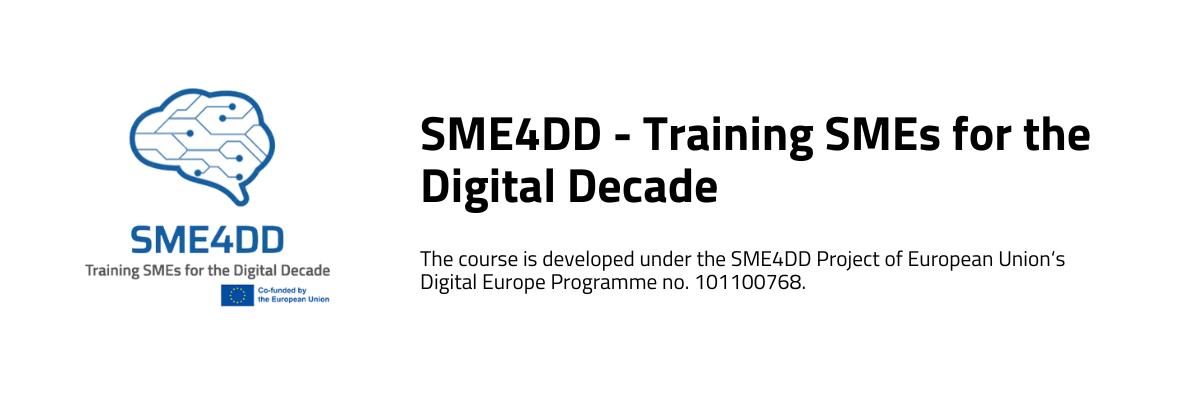Blockchain Systems Engineering for SMEs
A practical guide to requirement modeling and assurance for blockchain applications
System engineering tasks are playing an increasingly important role in the planning and implementation of blockchain-based applications. Solutions must now increasingly meet requirements beyond the integrity provided by the blockchain platform - such as performance, reliability, maintainability, privacy, and data confidentiality. In addition, in an increasing number of cases, it is necessary to perform actual architecture planning – with cross-chain and off-chain integration, external data sources, and “Layer 2” solutions.
The “Blockchain Systems Engineering for SMEs” course aims to give a focused overview of the main challenges and the current state-of-the-art solutions, enabling system-engineering-oriented design and further in-depth exploration of the introduced techniques as needed, showcasing practical approaches and patterns.
The course equally covers both inter-organizational platforms (like Hyperledger Fabric and consortium Ethereum) and public (Ethereum-based) networks, adjusting the content to fit the participants’ needs based on a preliminary assessment of their requirements via survey.
What we offer:
- Ethereum and Hyperledger Fabric as distributed systems
- Ethereum- and Hyperledger-Fabric-based solution-architectures
- Requirement-driven design of blockchain solutions: overview
- Modeling: processes, data sensitivity, and access rules
- Design for performance and timeliness
- The main patterns of privacy and confidentiality assurance
- Software technology of smart contracts – a brief overview
- Assessment and management of systemic risks
- Vulnerabilities and software weaknesses in smart contracts: types, impact, audit, verification and validation
- Integration patterns and solutions: integration of blockchains, embedding blockchain into existing systems
What does the training prepare you for?
- Formulate technical requirements for blockchain-based solutions
- Determine main risks and design technical solutions
- Organize implementation projects and identify the necessary expertise
Our target audience
Due to its nature, the course is primarily recommended for IT professionals with a basic understanding of blockchain but is also open to engineers just getting acquainted with this technology and also accessible to a broader audience with an IT background.
Presenters
Dr. Imre Kocsis, blockchain lab lead, associate professor
Critical Systems Research Group, Department of Measurement and Information Systems, Budapest University of Technology and Economics (BME)
Imre Kocsis is a lecturer and researcher in the Critical Systems Research Group at BME and the professional leader of the group’s blockchain lab. He has been teaching and researching blockchain-based solutions and their applications since 2016, focusing on inter-organizational blockchain solutions, especially the Hyperledger platforms. He is an expert in the system design of inter-organizational blockchains, requirement-driven design, and critical and digital central bank currency applications. He leads the university’s involvement in the Hyperledger Foundation and BME’s participation in the European Blockchain Services Infrastructure (EBSI) network. He is in charge of the Hungarian Blockchain Coalition’s Education Workgroup.
Dr. Attila Klenik
Attila Klenik obtained his doctorate from the Budapest University of Technology and Economics, specializing in blockchain and distributed ledger technology. His research domains encompass performance modeling and systems design for dependability. In addition to academic expertise, he has several years of practical experience in the design and implementation of industrial projects within this domain.
Bertalan Zoltán Péter
Bertalan Zoltán Péter is currently pursuing his doctoral studies in computer engineering at the Budapest University of Technology and Economics. His primary research areas are distributed ledger systems and blockchains and their design for dependability.



Course fee
27.000 HUF + VAT
(70 EUR + VAT)
Course timetable:
June 3–4. 09:00 – 17:00
Course format:
hybrid (in-person or online) live lectures (2x8 hours)

